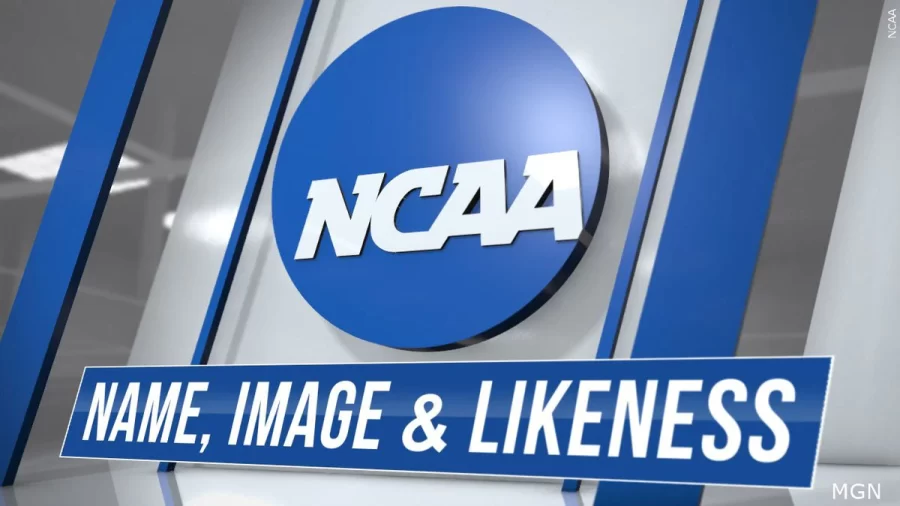TSSAA Approved High School Athletes to Accept NIL Deals
December 14, 2022
Name, image, and likeness (NIL) is a term to describe how college athletes are allowed to receive financial compensation. Former college athlete Ed O’Bannon sued the National Collegiate Athletic Association (NCAA) arguing he should be compensated for the use of his name, and image in video games. This started the debate over whether or not college athletes can compensate for their NIL. For decades NCAA and Universities have profited off of the NIL of their student-athletes, now athletes themselves are becoming eligible to profit from paid endorsements and sponsorships. As of 2019, they had yet to open the door for athletes to profit from their NIL, but Califonia passed the Fair Pay to Play act which allowed them to compensate for promotional opportunities. Until finally on July 1, 2021, NCAA approved a NIL policy where any D1, D2, or D3 athletes can profit from their NIL regardless of whether or not laws are in place in their state. There are not many rules/regulations in place yet but this allows all student-athletes rights to accept money from endorsements, sponsorships, marketing, and most any type of personal branding.
Even though NIL in college sports has been accepted, they have slowly been allowing this for high school athletes also. On Thursday, December 8, 2022, the TSSAA allowed college student-athletes to capitalize on NIL deals. Now officially in Tennessee high school athletes can accept NIL deals with certain restrictions. These restrictions include no use of TSSAA member school involvement, and it can not be related to their on-field performance. Besides that, high school athletes can now build their NIL while also profiting off of paid sponsorships. This has been a good thing for the most part but some people are concerned that allowing high school athletes to NIL will cause issues mainly including scandals. The question is will these changes pay off or will this cost some students their careers?



